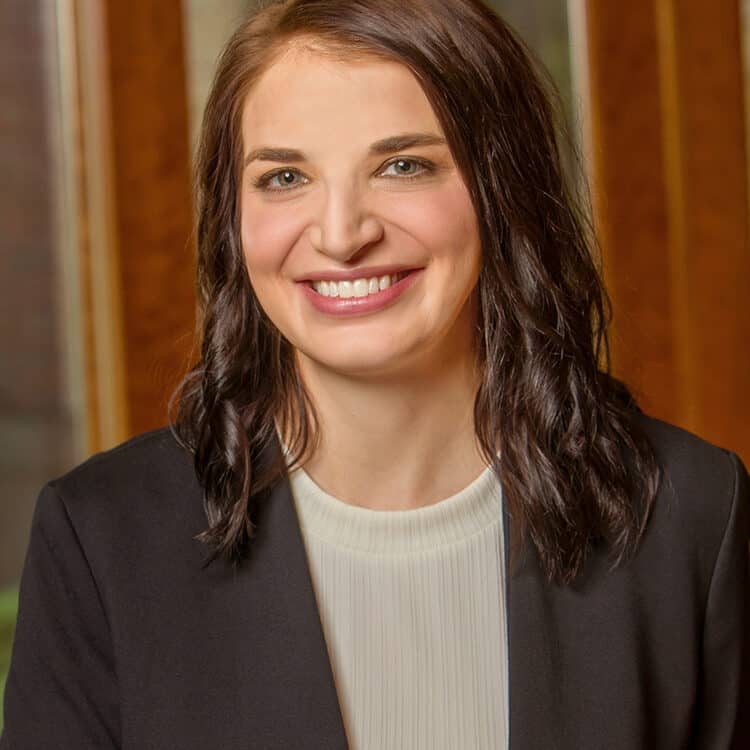I hope you’ve had the opportunity to view our virtual conversation with author and behavioral finance expert Morgan Housel. If you haven’t, I invite you to experience it here.
In his book, The Psychology of Money, Housel explores financial lessons in a collection of 18 short stories to highlight the many ways people think about money. The variety of topics addressed nearly guarantees there will be at least one lesson that resonates with or provokes additional thought with each reader. For me, that lesson is discussed in chapter seven, and it has to do with freedom.
Money’s greatest intrinsic value—and this can’t be overstated—is its ability to give you control over your time. To obtain, bit by bit, a level of independence and autonomy that comes from unspent assets that give you greater control over what you can do and when you can do it.
One of the first questions we ask new clients is, “What’s important to you about money?” By far, the most common responses are peace of mind, freedom, and security. We yearn to have comfort in knowing that what we have is enough, such that we can focus our attention and time on the things that matter the most.
While I agree with Housel’s statement above, I assert that financial knowledge is equally important and can help to do the same. Understanding your assets, being intentional about your spending, and knowing how your money is invested also provide a level of independence and autonomy that we crave.
Enter the CCM Women’s Initiative. Created in 2016, its mission is promoting the financial empowerment of women. In our work, we seek to empower women to deepen their financial knowledge such that they can experience freedom and peace of mind and focus their time on the things that matter most.
Throughout my career, one of the things I’ve learned about working with women is how helpful it is to share personal experiences and perspectives with one another. Morgan’s first chapter—No One’s Crazy—does a phenomenal job of setting the tone for understanding and empowering each person in their financial journey. In a discipline that is consistently discussed in objective terms, there’s space for each person's experiences to shape a successful outcome.
If after listening to the virtual conversation or reading Housel's book, you'd like to discuss your thoughts or related questions, I hope you'll reach out to your advisor at CCM. In addition, I encourage you to consider how sharing your own money perspectives will enhance your relationships with those whom you care about the most.
NOTE: The information provided in this article is intended for clients of Carlson Capital Management. We recommend that individuals consult with a professional adviser familiar with their particular situation for advice concerning specific investment, accounting, tax, and legal matters before taking any action.

